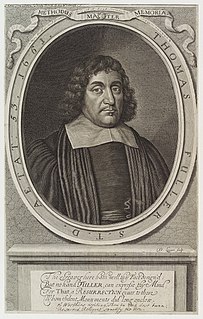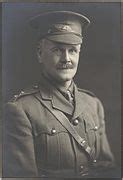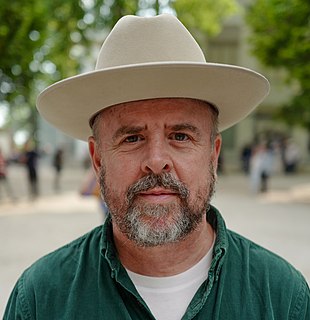A Quote by Thomas Fuller
Memory depends very much on the perspicuity, regularity, and order of our thoughts. Many complain of the want of memory, when the defect is in the judgment; and others, by grasping at all, retain nothing.
Related Quotes
[I]n my country, when they would say a man has no sense, they say, such an one has no memory; and when I complain of the defect of mine, they do not believe me, and reprove me, as though I accused myself for a fool: not discerning the difference betwixt memory and understanding, which is to make matters still worse for me. But they do me wrong; for experience, rather, daily shows us, on the contrary, that a strong memory is commonly coupled with infirm judgment.
If any one faculty of our nature may be called more wonderful than the rest, I do think it is memory. There seems something more speakingly incomprehensible in the powers, the failures, the inequalities of memory, than in any other of our intelligences. The memory is sometimes so retentive, so serviceable, so obedient; at others, so bewildered and so weak; and at others again, so tyrannic, so beyond control! We are, to be sure, a miracle every way; but our powers of recollecting and of forgetting do seem peculiarly past finding out.
I'm still willing to continue living with the burden of this memory. Even though this is a painful memory, even though this memory makes my heart ache. Sometimes I almost want to ask God to let me forget this memory. But as long as I try to be strong and not run away, doing my best, there will finally be someday...there will be finally be someday I can overcome this painful memory. I believe I can. I believe I can do it. There is no memory that can be forgotten, there is not that kind of memory. Always in my heart.
Memory is corrupted and ruined by a crowd of memories. If I am going to have a true memory, there are a thousand things that must first be forgotten. Memory is not fully itself when it reaches only into the past. A memory that is not alive to the present does not remember the here and now, does not remember its true identity, is not memory at all. He who remembers nothing but facts and past events, and is never brought back into the present, is a victim of amnesia.
So many people that we met had some sort of connection to the [Olympics] games. Some story about how they volunteered there, or some sort of memory of it. It still is in the cultural memory and identity of these cities as much as it is in the physical and architectural memory. It's where these two things overlap, I think, that we're trying to explore with the photos.






































